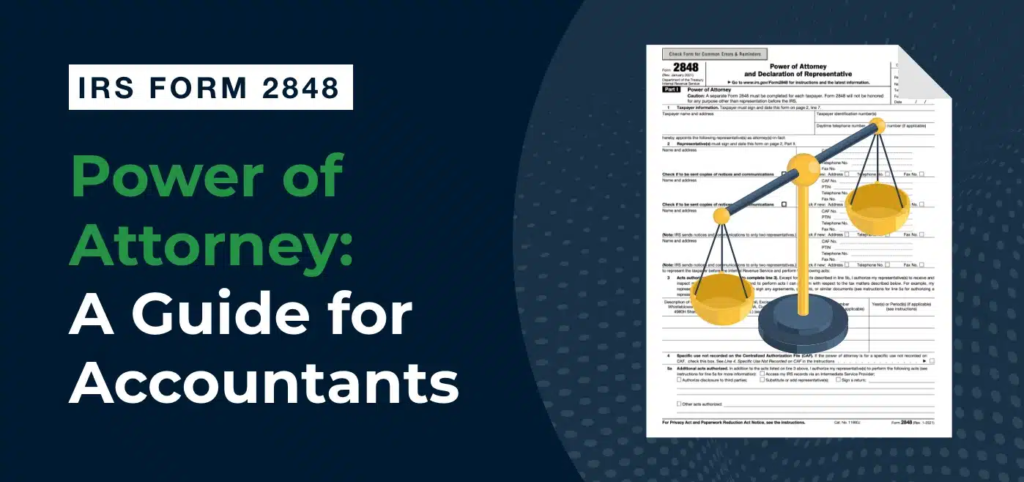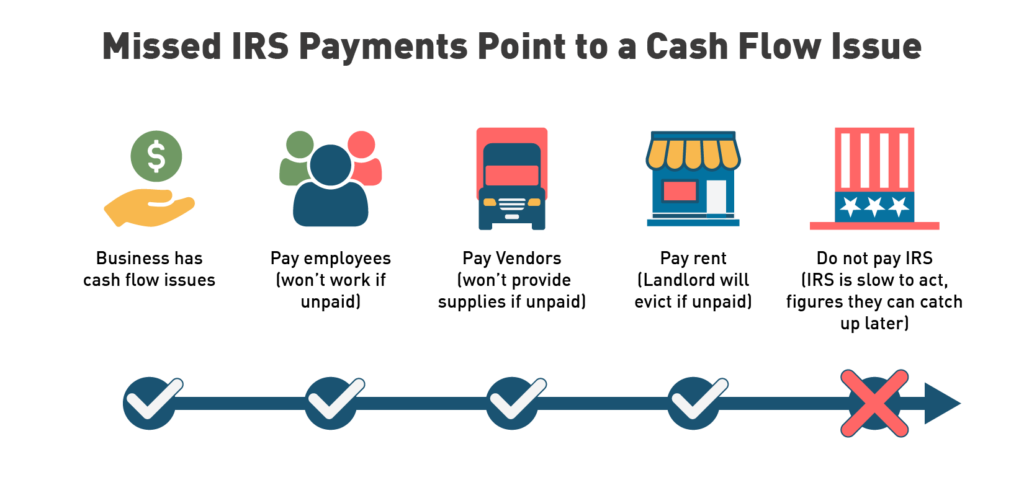How the IRS Works: What Every Taxpayer Should Know
The Internal Revenue Service (IRS) plays a critical role in the U.S. financial system, overseeing tax collection and ensuring compliance with federal tax laws. Understanding how the IRS operates can help taxpayers navigate the complexities of tax filing, avoid penalties, and take advantage of available tax benefits.
The Role of the IRS
The IRS is a government agency under the U.S. Department of the Treasury, responsible for enforcing tax laws, processing tax returns, collecting taxes, and issuing refunds. It also provides taxpayer assistance, resolves disputes, and ensures compliance through audits and investigations.
How Taxes Are Collected
The IRS collects taxes primarily through payroll withholding, estimated tax payments, and direct payments from individuals and businesses. Employers withhold income taxes, Social Security, and Medicare taxes from employees’ paychecks and remit them to the IRS regularly. Self-employed individuals and businesses make quarterly estimated tax payments.
Filing Your Taxes
Taxpayers must file a tax return annually, reporting their income, deductions, and credits to determine their tax liability. The IRS offers multiple ways to file taxes, including electronic filing (e-file), paper forms, and assistance through tax professionals. Taxpayers can also use the IRS Free File program if they meet certain income requirements.
Understanding Tax Refunds
If a taxpayer overpays taxes throughout the year, the IRS issues a refund. Refunds are typically processed within 21 days for electronically filed returns and up to six weeks for paper returns. Taxpayers can track their refund status using the “Where’s My Refund?” tool on the IRS website.
Audits and Compliance
The IRS conducts audits to verify the accuracy of tax returns and ensure compliance with tax laws. Audits can be random or triggered by discrepancies, unusual deductions, or mismatched information. While most audits are resolved through correspondence, some require in-person meetings.

Taxpayer Rights
The IRS provides a Taxpayer Bill of Rights, ensuring individuals are treated fairly. These rights include:
- The right to be informed
- The right to privacy and confidentiality
- The right to challenge the IRS’s position
- The right to appeal decisions
- The right to finality in tax matters
Dealing with Tax Debt
If a taxpayer owes taxes and cannot pay in full, the IRS offers options such as:
- Payment Plans – Monthly installment agreements to pay taxes over time
- Offer in Compromise – Settling tax debt for less than the full amount owed
- Currently Not Collectible Status – Temporarily delaying tax collection due to financial hardship
Avoiding Tax Scams
Taxpayers should be aware of IRS-related scams, including phishing emails, fraudulent phone calls, and identity theft. The IRS does not call or email taxpayers demanding immediate payment; instead, it typically communicates via mail.
Getting Help from the IRS
The IRS provides various resources to assist taxpayers, including:
- The IRS website (IRS.gov) with forms, tools, and tax law information
- Taxpayer Assistance Centers (TACs) for in-person help
- The Volunteer Income Tax Assistance (VITA) program for low-income taxpayers
- The Taxpayer Advocate Service (TAS) for resolving disputes
Conclusion
Understanding how the IRS works empowers taxpayers to fulfill their tax obligations effectively, avoid penalties, and maximize refunds. By staying informed, using IRS resources, and seeking professional help when needed, individuals can navigate the tax system with confidence.





